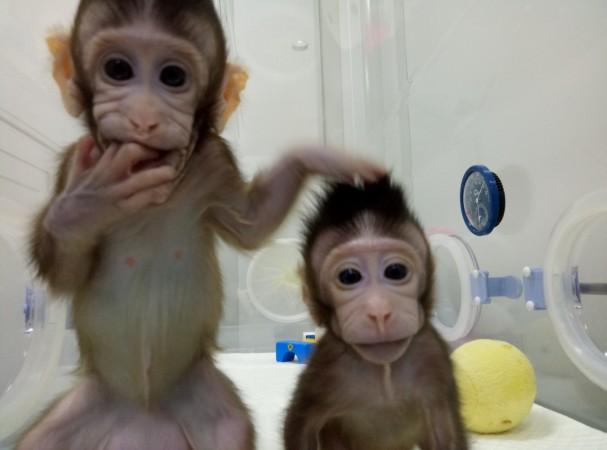
The technology to successfully clone human beings is nearly there, but for a few scientific niggles. Also, social ethics and the taboo nature of this research seems to be the only things holding back reproductive cloning –cloning with the intent to create full-grown humans, for now.
For those who can afford it, there are private companies that are willing to clone their pets for them so that they can have a cat or a dog that will, for all intents and purposes live forever, notes a report by the Massachusetts Institute of Technology (MIT).
What then is cloning? Cloning is creating a living copy of an animal. Copies can be created by taking a whole adult cell and injecting it into an active egg that has been stripped of its own DNA. The embryo, if it survives, is a clone, notes MIT.
If animals like dogs and the famous "Dolly the sheep" can be cloned, then why not humans, one can be moved to ask. That is because the process of cloning is highly inefficient, notes the report. About one in hundred attempts lead to a live birth. This is not something that can, for now, be tested on humans. Most embryos don't make it, notes the report, some die in the IVF stage, others simply do not survive in the womb. Even if clones are born, a lot of them could suffer abnormalities and quickly die.
Having said that, over the last 15 years, genetics research and accompanying technology has grown significantly. Many hurdles that lead to defective births have been overcome, reports Futurism. In recent times, scientists have figured out how to unblock genes that are needed to help cells grow into full embryos. Some of these genes are not "turned on" in their default setting, says the report.
Chinese scientists who solved the gene issue have actually been successful in cloning monkeys, notes the report. So that means humans are next right? Not necessarily. The scientist who solved the gene puzzle and cloned monkeys points out that to create just two long-tailed macaques it took the researchers 63 surrogate mothers and 417 eggs, which in turn resulted in only six successful pregnancies.
While the science problems can be solved with just enough funding, researchers and time, what might, in fact be the biggest problem for human reproductive cloning might just be humans themselves. All forms of cloning is flat out banned in 46 countries, reproductive cloning is banned 32 more.
So for now, the only thing stopping an eccentric billionaire finding willing scientists and starting human factories in a country that doesn't ban cloning (like China), is the pressure of the diplomatic and scientific community, reports Futurism.








